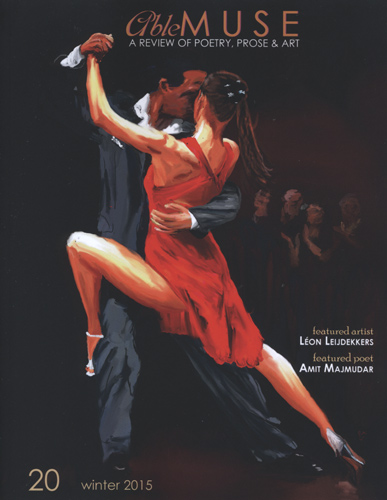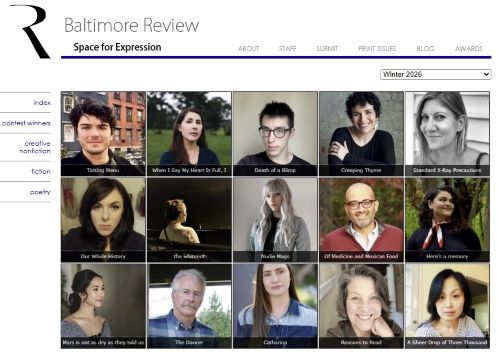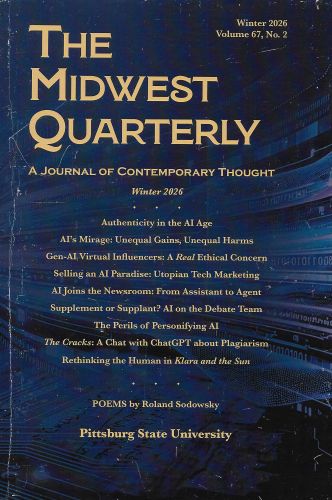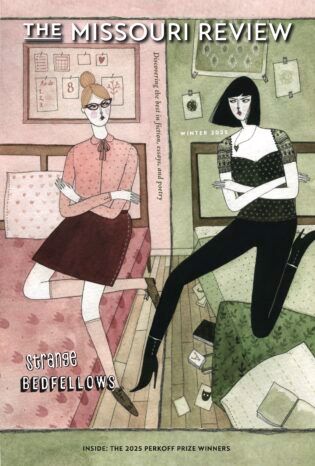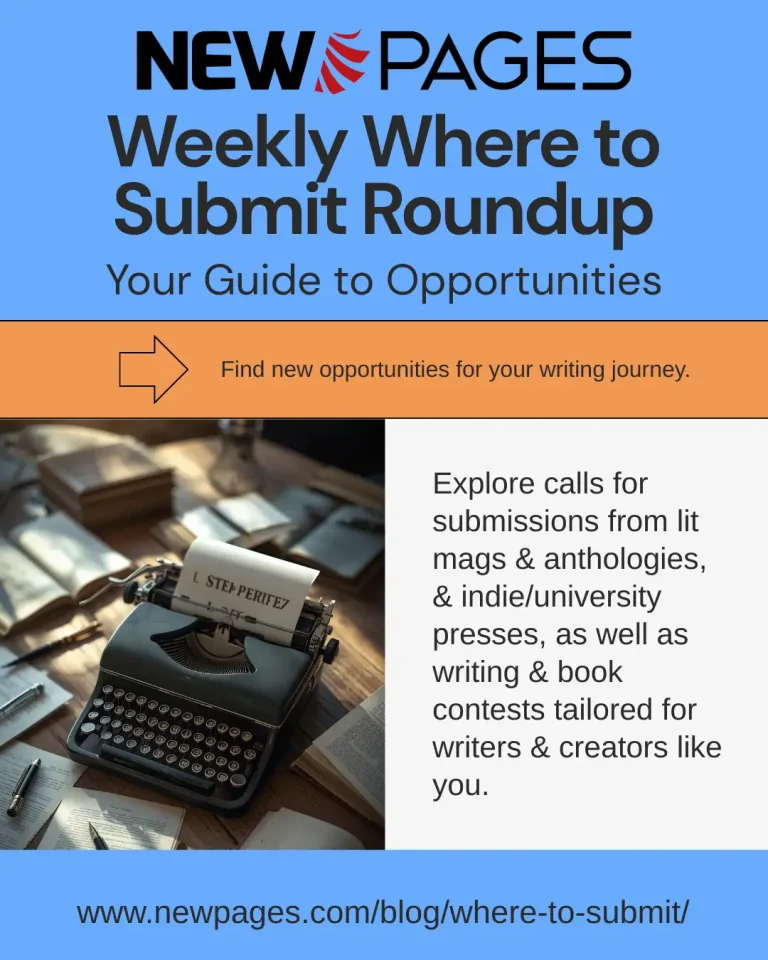The vicissitudes of pain, a stranger who won’t leave, a talking hole in a shoe. These are just a few of the poetry plot lines in the Winter 2015 issue of Able Muse which individualizes itself by publishing work “with a focus on metrical and formal poetry.” The vicissitudes of pain, a stranger who won’t leave, a talking hole in a shoe. These are just a few of the poetry plot lines in the Winter 2015 issue of Able Muse which individualizes itself by publishing work “with a focus on metrical and formal poetry.”
This issue’s featured poet, Amit Majmudar, perfectly fits that design. His poem about pain, aptly called “Chronic Pain,” contains these lines: “
[ . . . ] hope defined unrecognizably down
to half a day with pain at six out of ten
thanks to a needle stick and Vicodin
Majmudar (who clarifies in his interview by Daniel Brown that his first name Amit rhymes with summit) was born in New York City but has spent most of his life near Cleveland, Ohio, so prefacing his poetry, he says, “I generally try to avoid writing about What It’s Like To Be Indian In America, though it’s always those kinds of poems that play the best; the title poem of my next book, after all, is Dothead.” He often writes in the lyrical form called ghazal, which, among its many and often loose parameters, is written in couplets. An example from “No Future:”
Novas happen when God wants eggs for breakfast.
Stands to reason he’d reason he could break us.Love me, said our Maker. We the mad
Said Come over here and make us.
Another poet, Ryan Wilson, writes about the man who wouldn’t leave. The title, “Xenia,” is a word with a couple of definitions. One refers to the botanical term for pollinating a genetically dissimilar plant; the other is the Greek word for hospitality. Both might apply. In Wilson’s poem a stranger knocks at the door:
And you, magnanimous you, soon find
This stranger reading in your chair,
Eating your cereal, drinking your tea,
Or standing in your clothes at the window
Before long the speaker is, “Cursing the charity or pride / That opened up the door for him,” and finally, resolution:
You have no choice
Except to learn humility,
To love this stranger as yourself,Who won’t love you, or ever leave.
Wendy Videlock owns “The Hole in My Shoe.” Its rollicking rhythm aspires to be read aloud:
There appears to be a hole in my shoe
says the old to the new
and what will you do
when under the influenceof the moon
X.J. Kennedy, prolific writer and author of any poet’s go-to book, An Introduction to Poetry, has one poem in this issue. Another seasoned writer, Beth Houston, who was Able Muse’s first featured poet in 1999, has two.
Robert B. Shaw writes a fascinating review of the book Catherine Breese Davis: On the Life and Work of an American Master. I’ve come across her poetry before, so how could I not keep reading to find out more? It’s revealed that Davis never met her incarcerated dad. Mom kicked her out when she discovered the 16-year-old was a lesbian. She developed mild cerebral palsy, alcoholism, mental problems. But let’s get to the poetry. Shaw gives us this sample before offering more analysis:
I doze a little, dream, and start:
The random terrors of the heart
Wake me—they take my daemon’s part:
What does it mean?
Three short stories are printed in this volume. Andrea Witzke Slot earned Able Muse’s 2015 Write Prize for Fiction with the unforgettable story “After Reading the News Story of a Woman Who Attempted to Carry Her Dead Baby onto an Airplane.” The other two fictions, Paul Soto’s “Polaroid” and Lynda Sexson’s “Why Were You Sighing?” both show how finding a photograph affects the protagonists.
And speaking of photographs, Mark Kingwell, in a recent Harper’s Magazine essay, writes that “people today crave and experience art in numbers unknown to previous eras.” Able Muse satisfies that craving by including 20 spellbinding black and whites by Dutch photographer and classical musician Léon Leijdekkers. Working in square-format with long-exposure and monochrome, he provides gorgeous, magnetic works.
Able Muse is refreshing to read for its selection of poetry that adheres to form, and is overall a quality magazine offering the reader informed and unexpected views on life.
[www.ablemuse.com]

